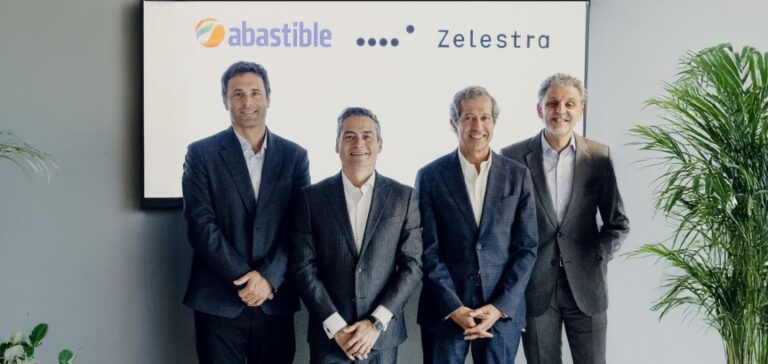Abastible, a Chilean company dedicated to the commercialization of liquefied gas and electricity, has signed a long-term power purchase agreement (PPA) with Zelestra, a multi-technology renewable energy provider. This partnership concerns a hybrid project comprising a 220 MWdc solar photovoltaic plant and a 1 GWh battery storage system. Located in the Tarapacá region, the project has already entered its construction phase, with an expected production of 600 GWh annually, which is equivalent to the yearly energy consumption of 200,000 Chilean households.
The project aims to address Abastible’s specific needs, particularly for the supply of electricity during the night. This tailor-made energy solution allows the company to expand its low-carbon energy portfolio, thereby strengthening its position in the renewable electricity sector in Chile.
The power supply agreement marks a significant step in Abastible’s strategy to ensure a more sustainable energy transition while supporting the country’s goal of reducing greenhouse gas emissions. The battery storage system will help mitigate the intermittency of solar power generation, providing a stable and continuous energy supply.
A key project for Chile’s energy transition
The hybrid plant, with its medium-term commissioning planned, could play a major role in Chile’s decarbonization efforts. By producing 600 GWh of renewable electricity per year, the project contributes to the country’s climate objectives while offering a competitive alternative to traditional energy sources. This partnership with Zelestra is part of a growing trend among Chilean companies to engage in more sustainable energy projects and enhance their competitiveness in renewable energy.
The involved parties and their strategic objectives
José Luis García, CEO of Zelestra Latam, emphasized that this project demonstrates Zelestra’s ability to develop tailored energy solutions. As an energy provider, the company focuses on long-term partnerships to assist its clients in reducing their CO2 emissions. Chile, in particular, represents a strategic market for Zelestra, which aims to expand its presence in Latin America.
Ignacio Mackenna, General Manager of AbastibleTec, stressed the importance of this agreement in the company’s strategy. He noted that Abastible’s commitment to renewable energy is fully aligned with Chile’s national energy transition goals. This contract highlights the company’s intention to diversify its energy sources and assist its clients in reducing their carbon footprint.






















